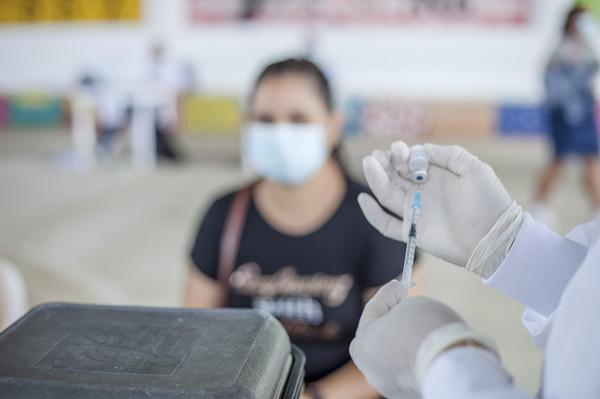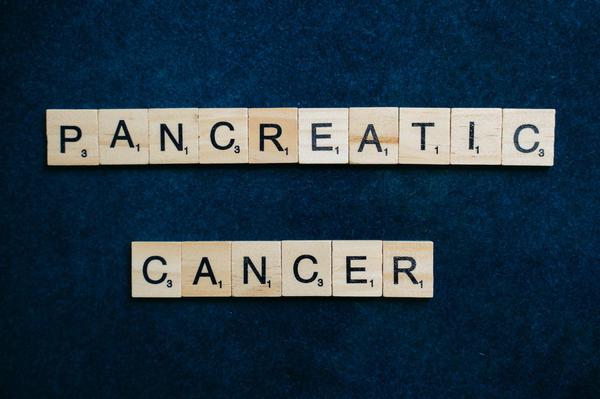Photo by Jorge Sepúlveda on Pexels
![]()

An unusual pathogen in a typical clinical scenario: Pseudomonas oryzihabitans urosepsis in a patient with Myelodysplastic syndrome
Pseudomonas oryzihabitans (formerly known as Flavimonas oryzihabitans) is a gram-negative rod-shaped aerobic bacillus, an uncommon pathogen which acts as an opportunistic pathogen in immunocompromised patients. It has been reported in both humans and as a zoonotic pathogen. In this case, we detected this relatively unusual pathogen in a patient with a background of myelodysplastic syndrome (MDS) and numerous other chronic co-morbidities.




